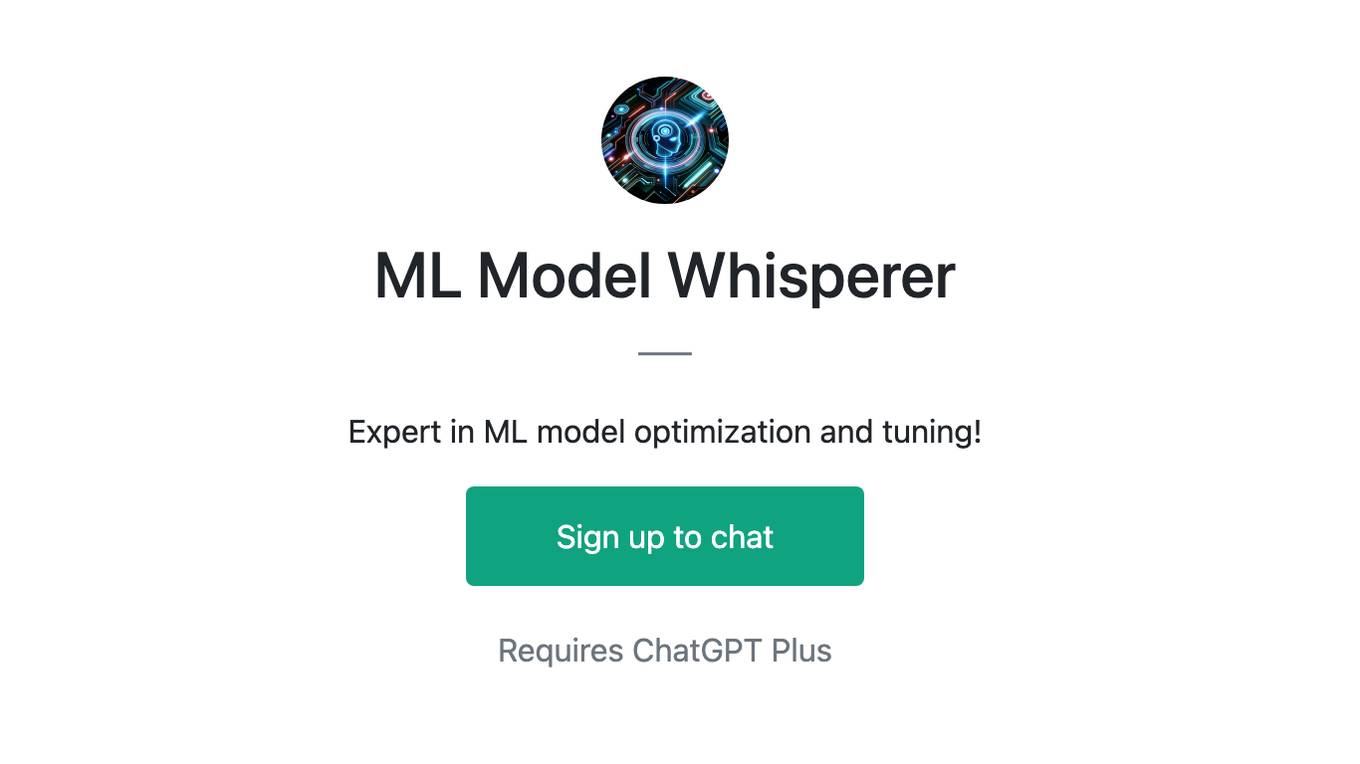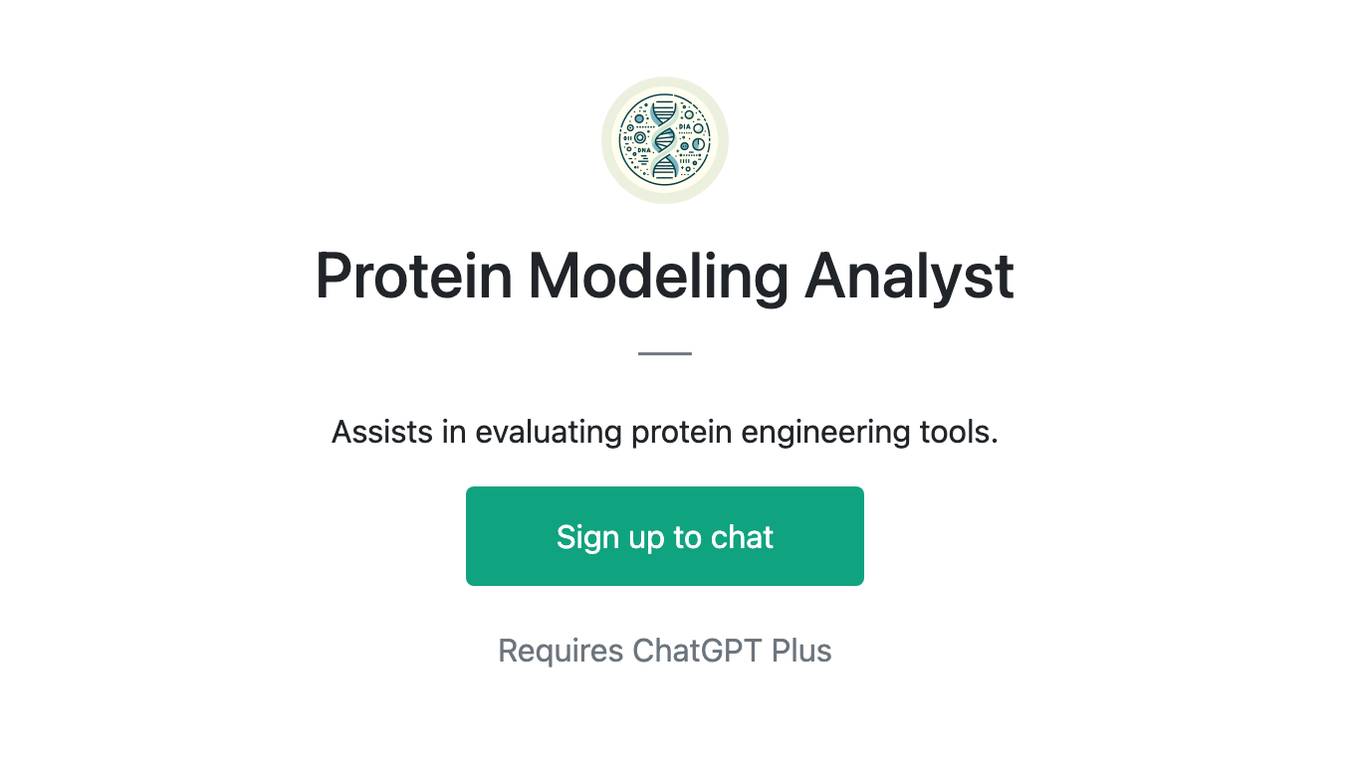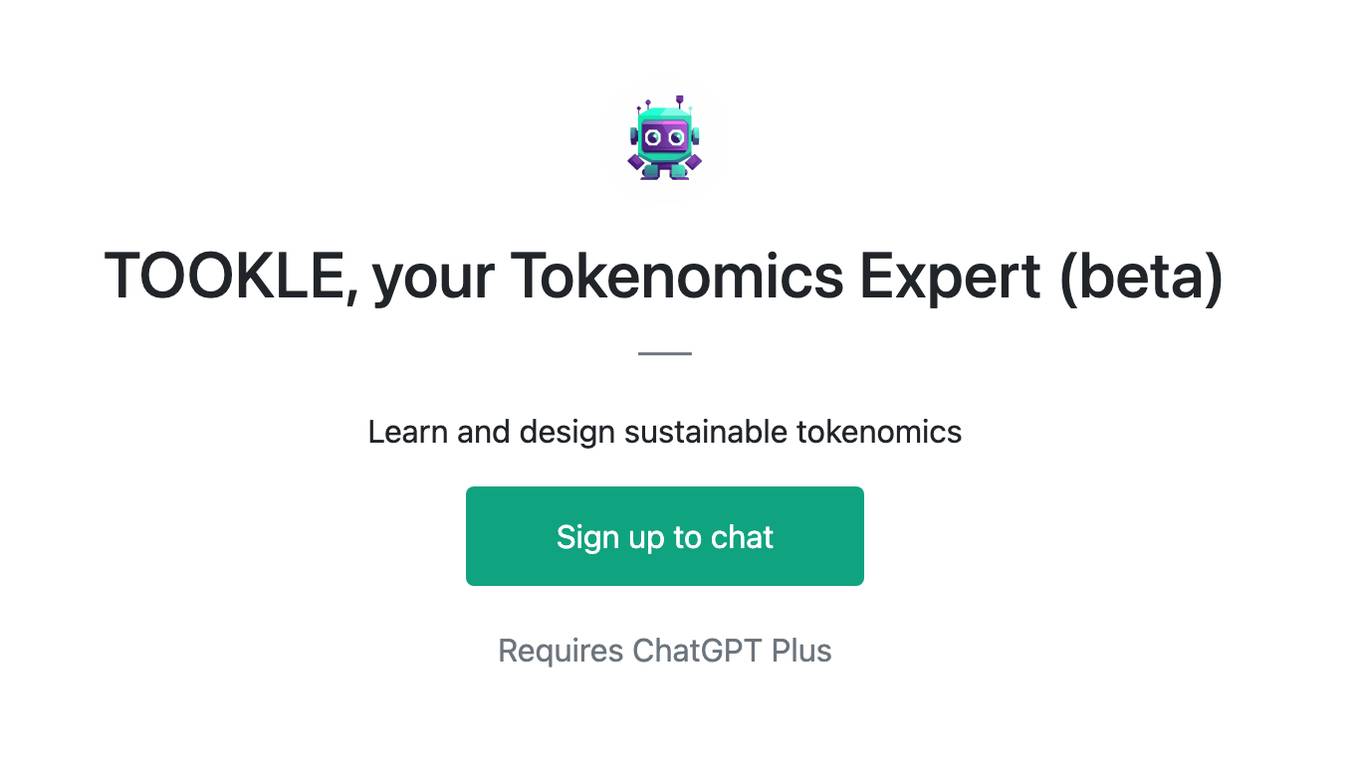Best AI tools for< Evaluate Model Alignment >
20 - AI tool Sites
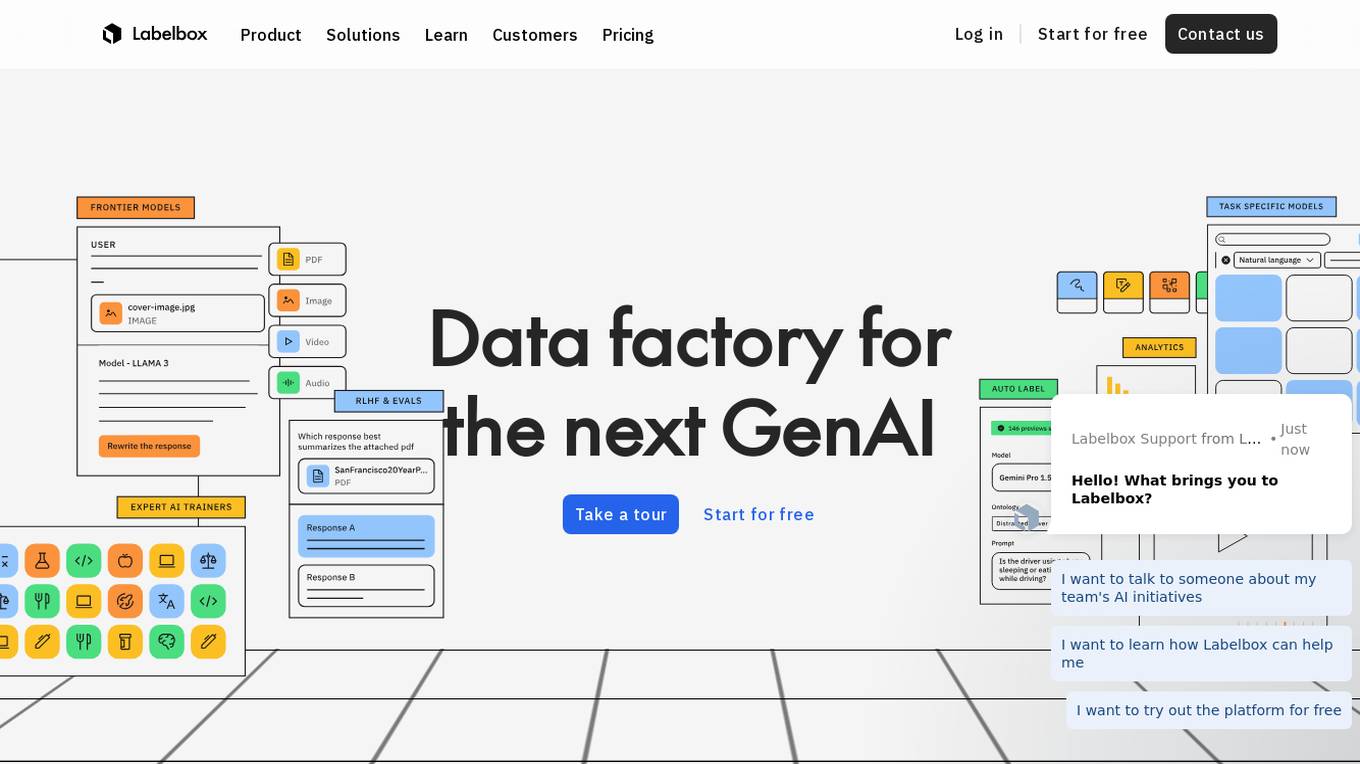
Labelbox
Labelbox is a data factory platform that empowers AI teams to manage data labeling, train models, and create better data with internet scale RLHF platform. It offers an all-in-one solution comprising tooling and services powered by a global community of domain experts. Labelbox operates a global data labeling infrastructure and operations for AI workloads, providing expert human network for data labeling in various domains. The platform also includes AI-assisted alignment for maximum efficiency, data curation, model training, and labeling services. Customers achieve breakthroughs with high-quality data through Labelbox.
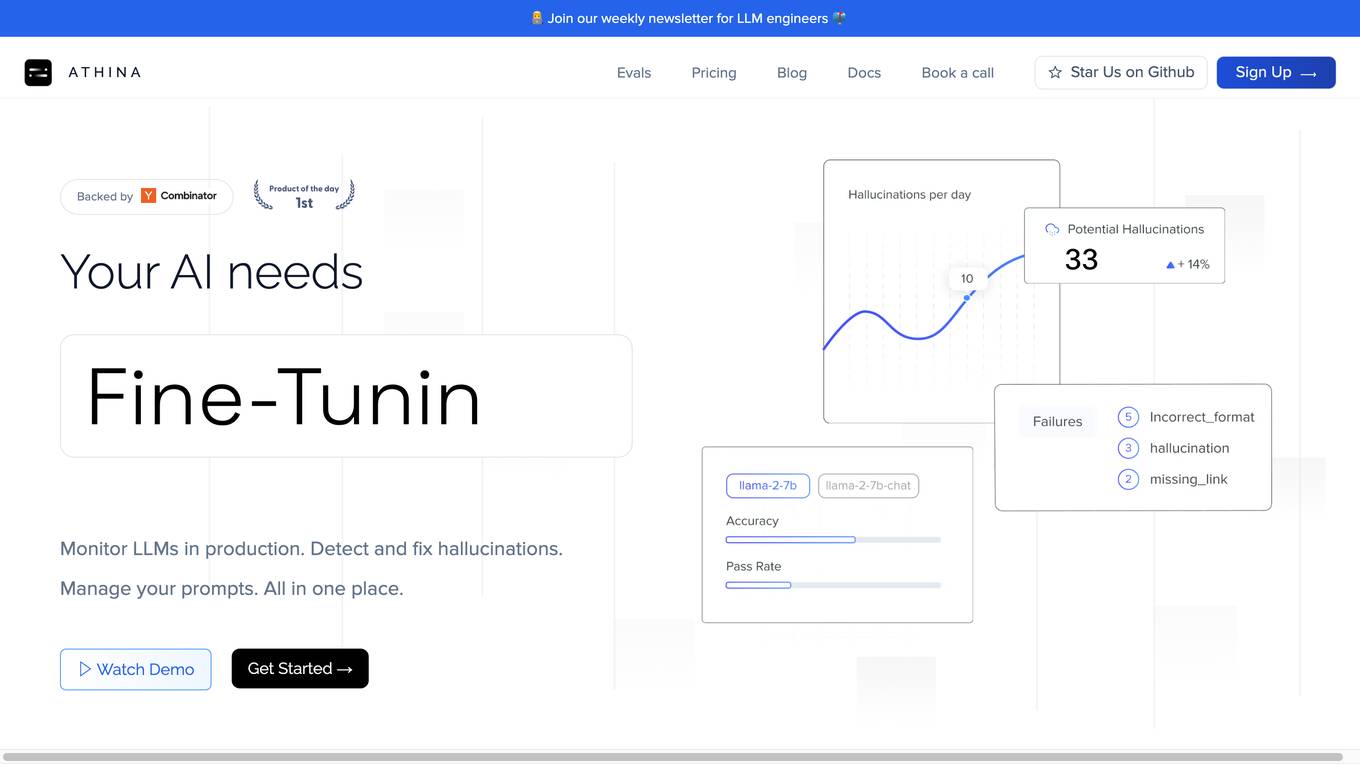
Athina AI
Athina AI is a comprehensive platform designed to monitor, debug, analyze, and improve the performance of Large Language Models (LLMs) in production environments. It provides a suite of tools and features that enable users to detect and fix hallucinations, evaluate output quality, analyze usage patterns, and optimize prompt management. Athina AI supports integration with various LLMs and offers a range of evaluation metrics, including context relevancy, harmfulness, summarization accuracy, and custom evaluations. It also provides a self-hosted solution for complete privacy and control, a GraphQL API for programmatic access to logs and evaluations, and support for multiple users and teams. Athina AI's mission is to empower organizations to harness the full potential of LLMs by ensuring their reliability, accuracy, and alignment with business objectives.
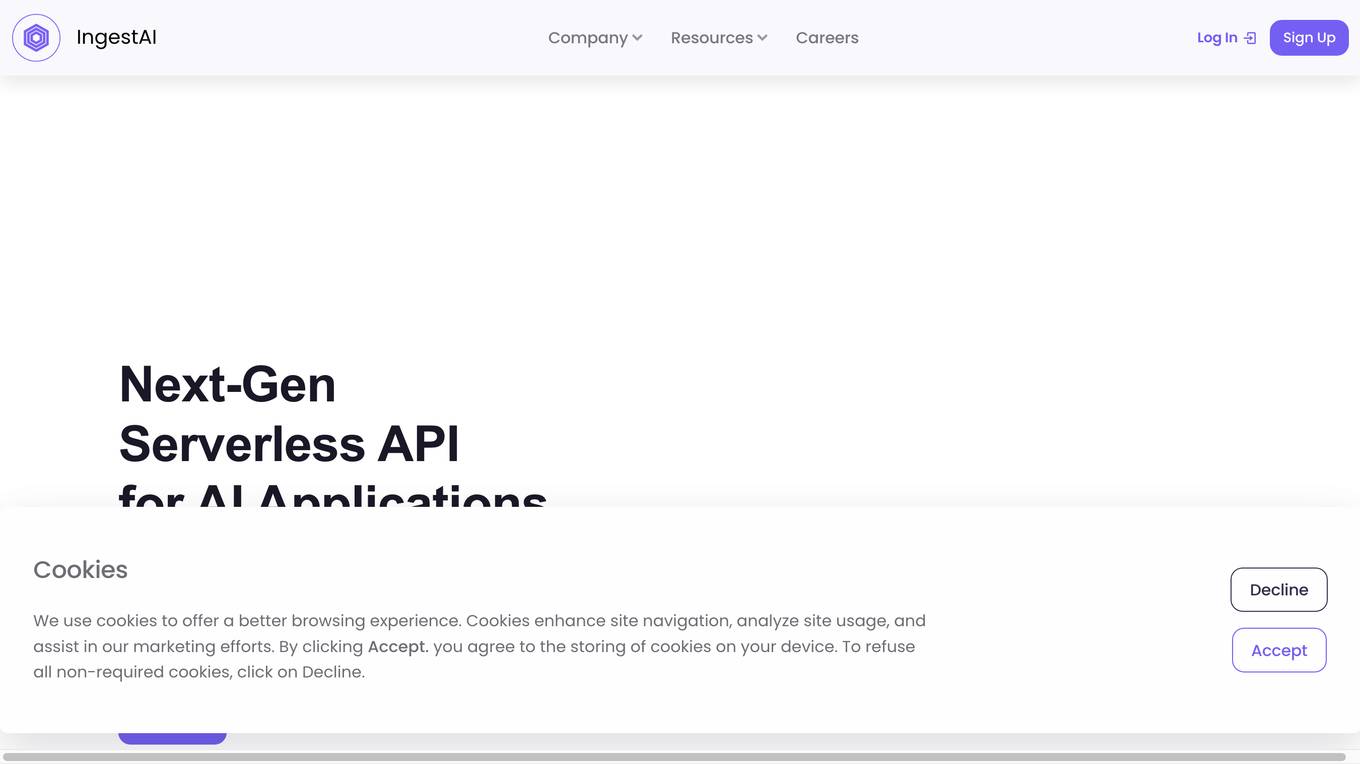
IngestAI
IngestAI is a Silicon Valley-based startup that provides a sophisticated toolbox for data preparation and model selection, powered by proprietary AI algorithms. The company's mission is to make AI accessible and affordable for businesses of all sizes. IngestAI's platform offers a turn-key service tailored for AI builders seeking to optimize AI application development. The company identifies the model best-suited for a customer's needs, ensuring it is designed for high performance and reliability. IngestAI utilizes Deepmark AI, its proprietary software solution, to minimize the time required to identify and deploy the most effective AI solutions. IngestAI also provides data preparation services, transforming raw structured and unstructured data into high-quality, AI-ready formats. This service is meticulously designed to ensure that AI models receive the best possible input, leading to unparalleled performance and accuracy. IngestAI goes beyond mere implementation; the company excels in fine-tuning AI models to ensure that they match the unique nuances of a customer's data and specific demands of their industry. IngestAI rigorously evaluates each AI project, not only ensuring its successful launch but its optimal alignment with a customer's business goals.
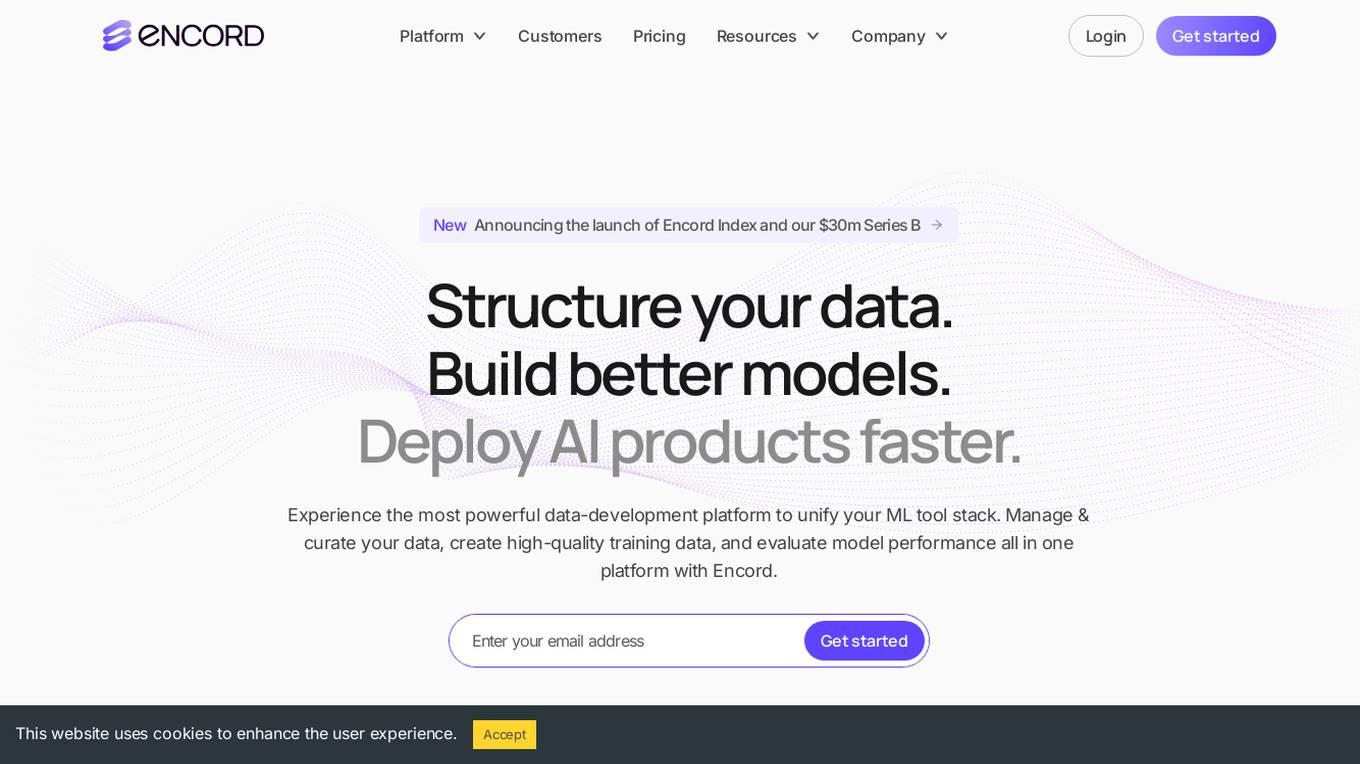
Encord
Encord is a leading data development platform designed for computer vision and multimodal AI teams. It offers a comprehensive suite of tools to manage, clean, and curate data, streamline labeling and workflow management, and evaluate AI model performance. With features like data indexing, annotation, and active model evaluation, Encord empowers users to accelerate their AI data workflows and build robust models efficiently.
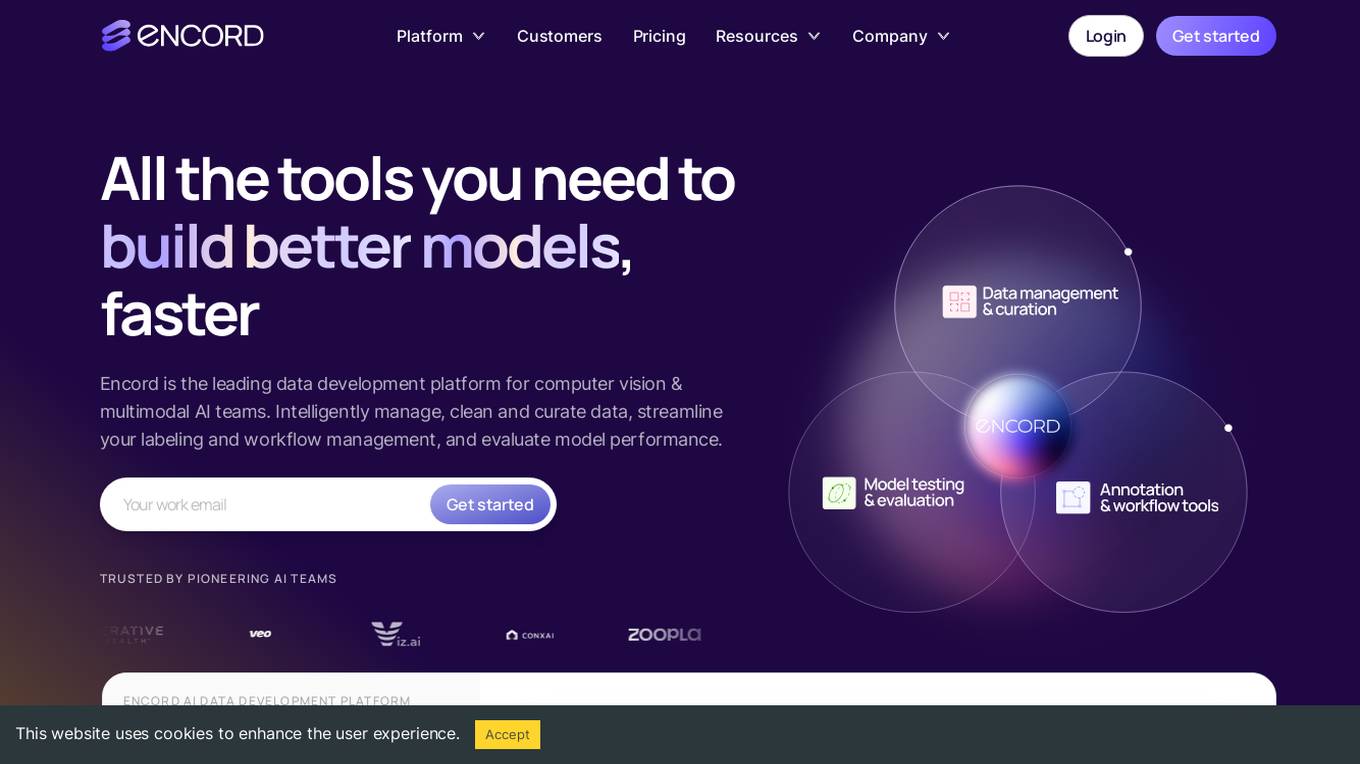
Encord
Encord is a complete data development platform designed for AI applications, specifically tailored for computer vision and multimodal AI teams. It offers tools to intelligently manage, clean, and curate data, streamline labeling and workflow management, and evaluate model performance. Encord aims to unlock the potential of AI for organizations by simplifying data-centric AI pipelines, enabling the building of better models and deploying high-quality production AI faster.

Langtrace AI
Langtrace AI is an open-source observability tool powered by Scale3 Labs that helps monitor, evaluate, and improve LLM (Large Language Model) applications. It collects and analyzes traces and metrics to provide insights into the ML pipeline, ensuring security through SOC 2 Type II certification. Langtrace supports popular LLMs, frameworks, and vector databases, offering end-to-end observability and the ability to build and deploy AI applications with confidence.
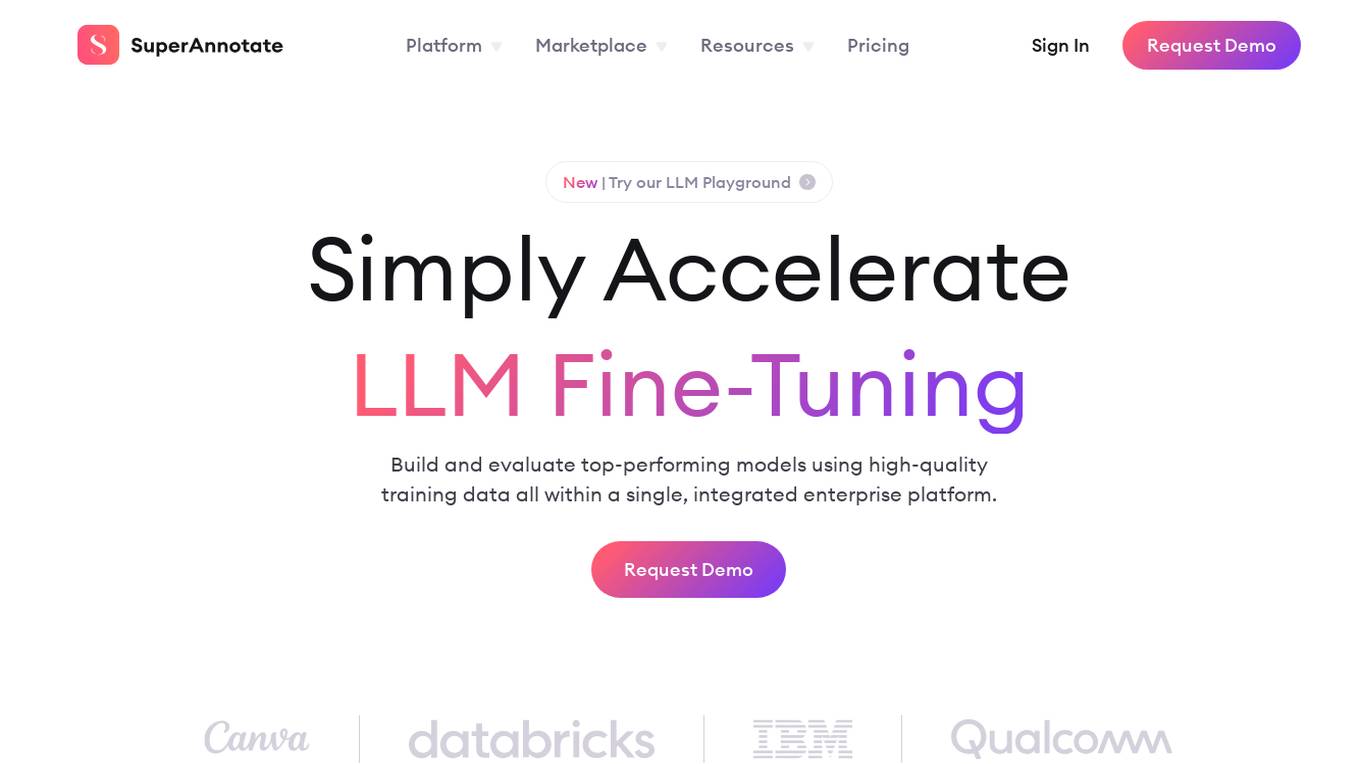
SuperAnnotate
SuperAnnotate is an AI data platform that simplifies and accelerates model-building by unifying the AI pipeline. It enables users to create, curate, and evaluate datasets efficiently, leading to the development of better models faster. The platform offers features like connecting any data source, building customizable UIs, creating high-quality datasets, evaluating models, and deploying models seamlessly. SuperAnnotate ensures global security and privacy measures for data protection.
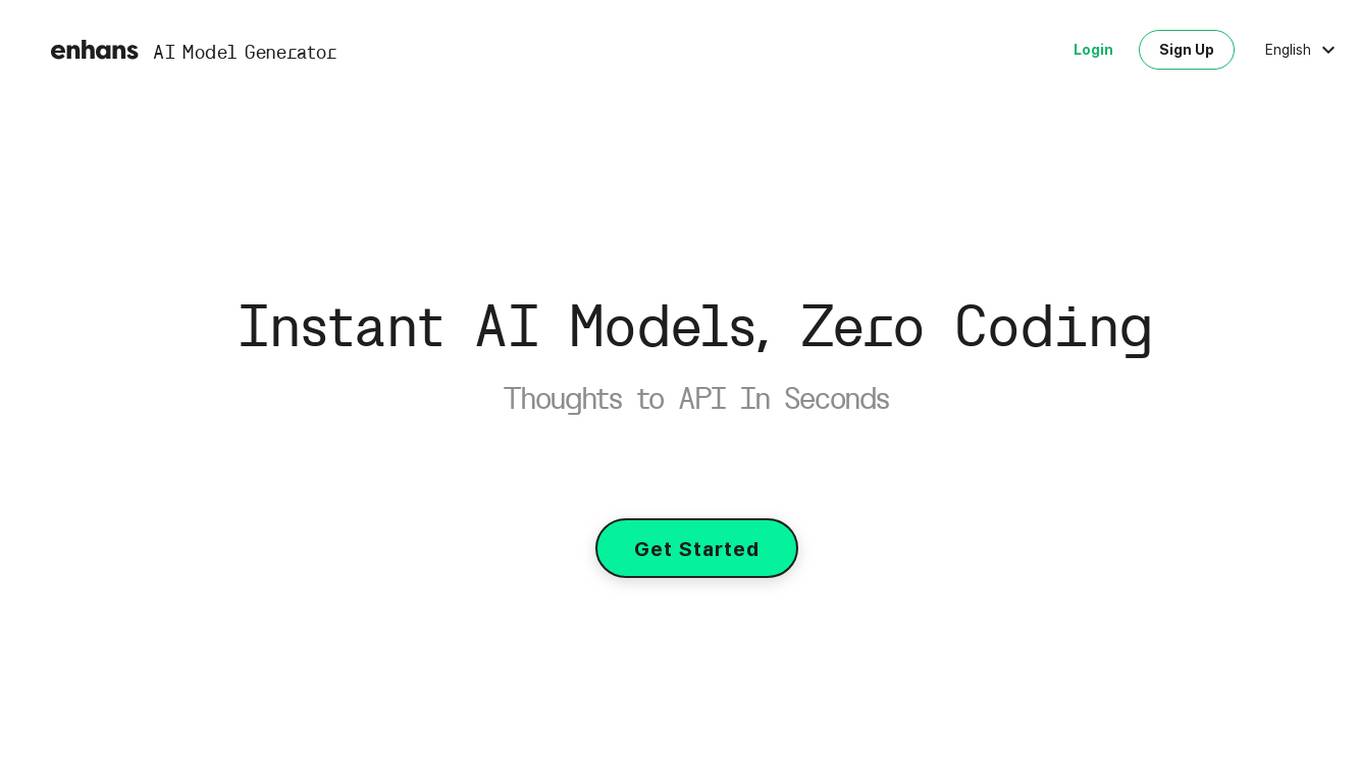
Enhans AI Model Generator
Enhans AI Model Generator is an advanced AI tool designed to help users generate AI models efficiently. It utilizes cutting-edge algorithms and machine learning techniques to streamline the model creation process. With Enhans AI Model Generator, users can easily input their data, select the desired parameters, and obtain a customized AI model tailored to their specific needs. The tool is user-friendly and does not require extensive programming knowledge, making it accessible to a wide range of users, from beginners to experts in the field of AI.
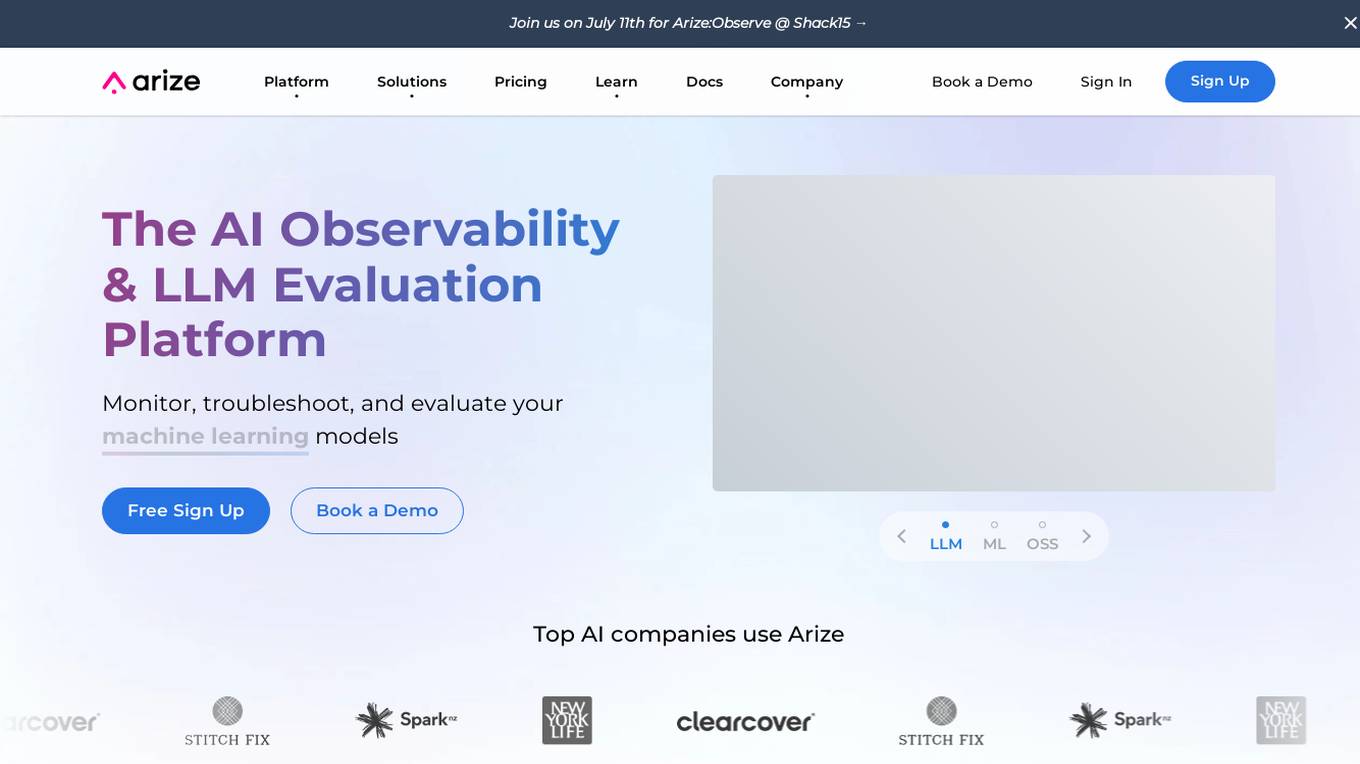
Arize AI
Arize AI is an AI Observability & LLM Evaluation Platform that helps you monitor, troubleshoot, and evaluate your machine learning models. With Arize, you can catch model issues, troubleshoot root causes, and continuously improve performance. Arize is used by top AI companies to surface, resolve, and improve their models.
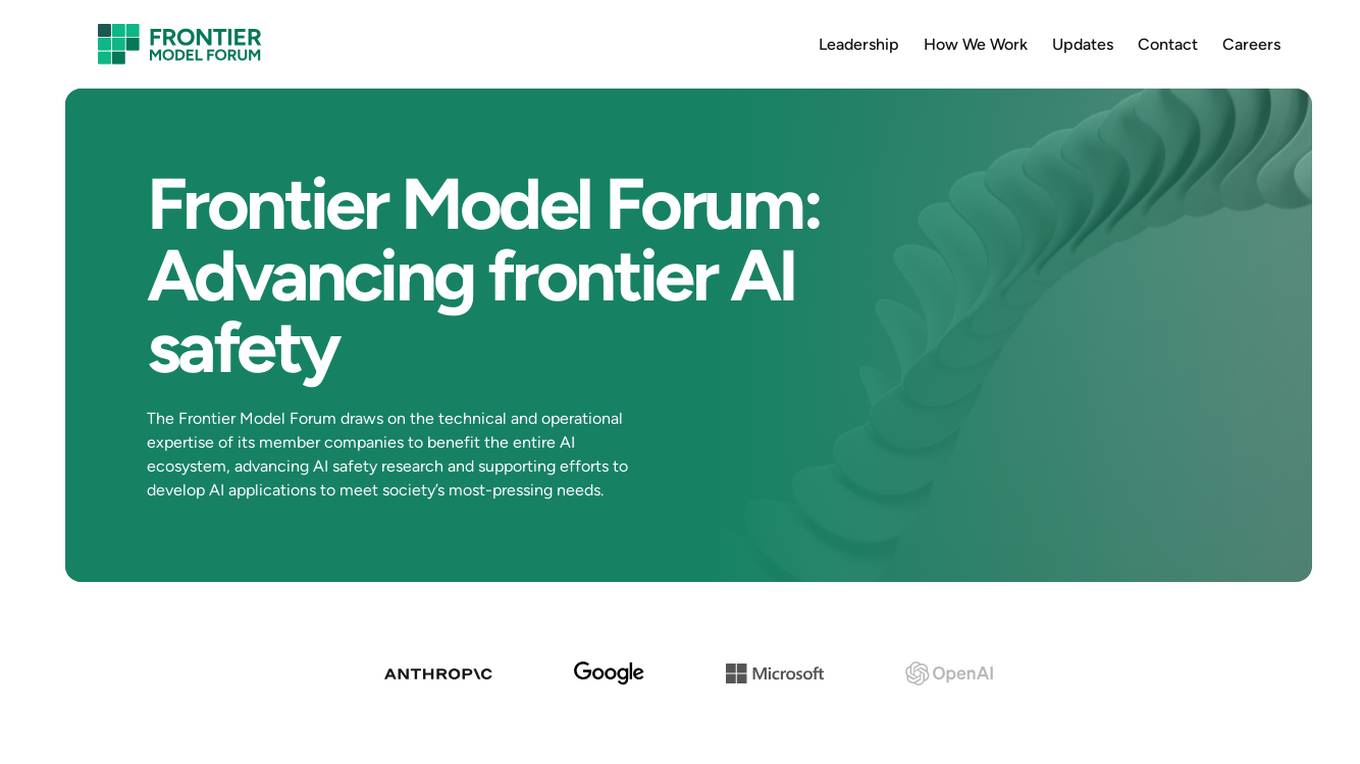
Frontier Model Forum
The Frontier Model Forum (FMF) is a collaborative effort among leading AI companies to advance AI safety and responsibility. The FMF brings together technical and operational expertise to identify best practices, conduct research, and support the development of AI applications that meet society's most pressing needs. The FMF's core objectives include advancing AI safety research, identifying best practices, collaborating across sectors, and helping AI meet society's greatest challenges.
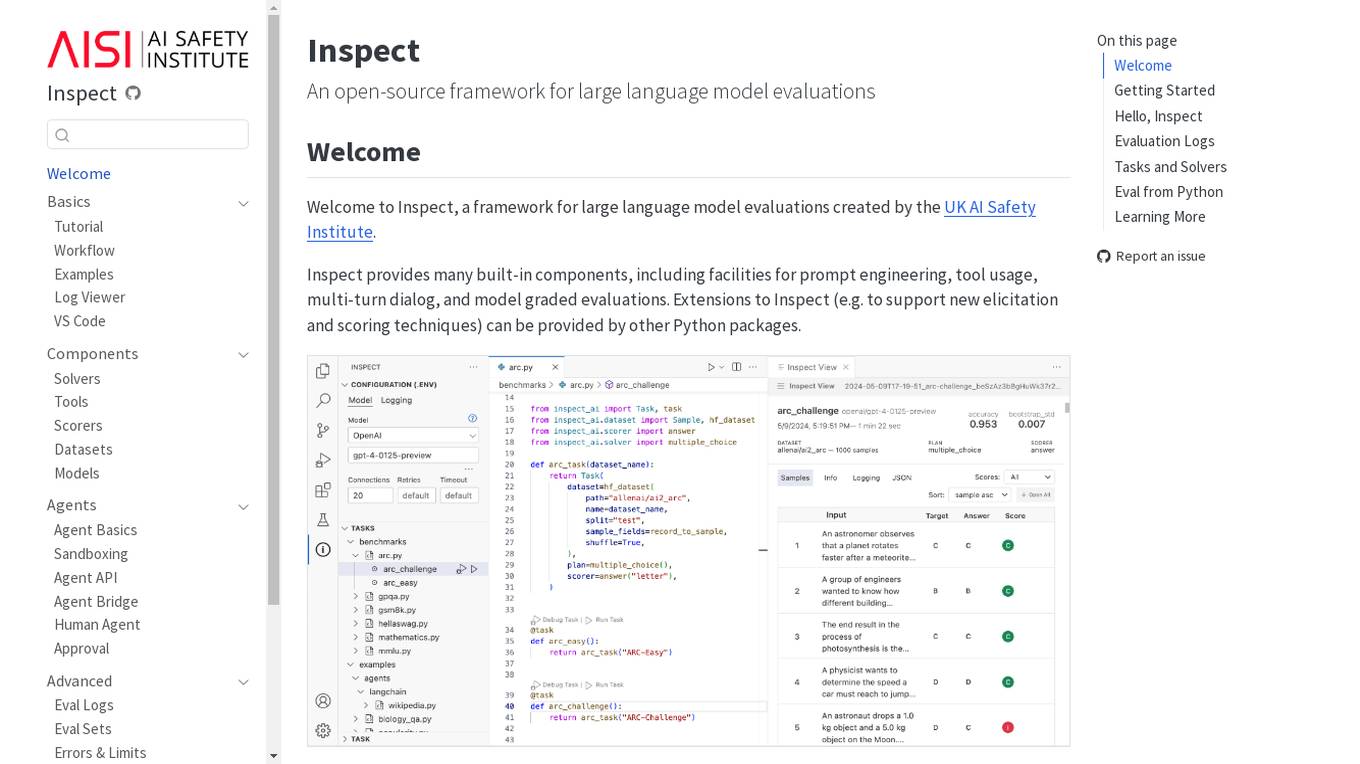
Inspect
Inspect is an open-source framework for large language model evaluations created by the UK AI Safety Institute. It provides built-in components for prompt engineering, tool usage, multi-turn dialog, and model graded evaluations. Users can explore various solvers, tools, scorers, datasets, and models to create advanced evaluations. Inspect supports extensions for new elicitation and scoring techniques through Python packages.

BenchLLM
BenchLLM is an AI tool designed for AI engineers to evaluate LLM-powered apps by running and evaluating models with a powerful CLI. It allows users to build test suites, choose evaluation strategies, and generate quality reports. The tool supports OpenAI, Langchain, and other APIs out of the box, offering automation, visualization of reports, and monitoring of model performance.
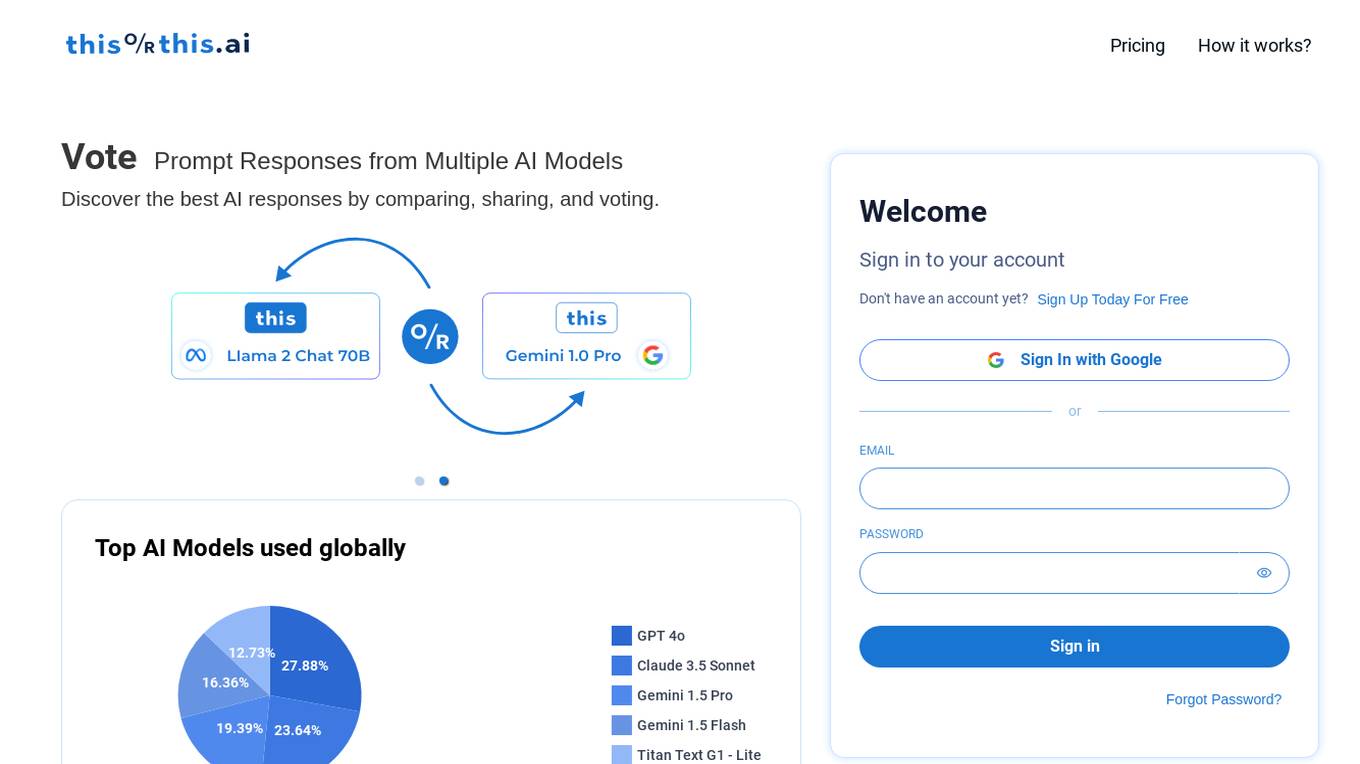
thisorthis.ai
thisorthis.ai is an AI tool that allows users to compare generative AI models and AI model responses. It helps users analyze and evaluate different AI models to make informed decisions. The tool requires JavaScript to be enabled for optimal functionality.
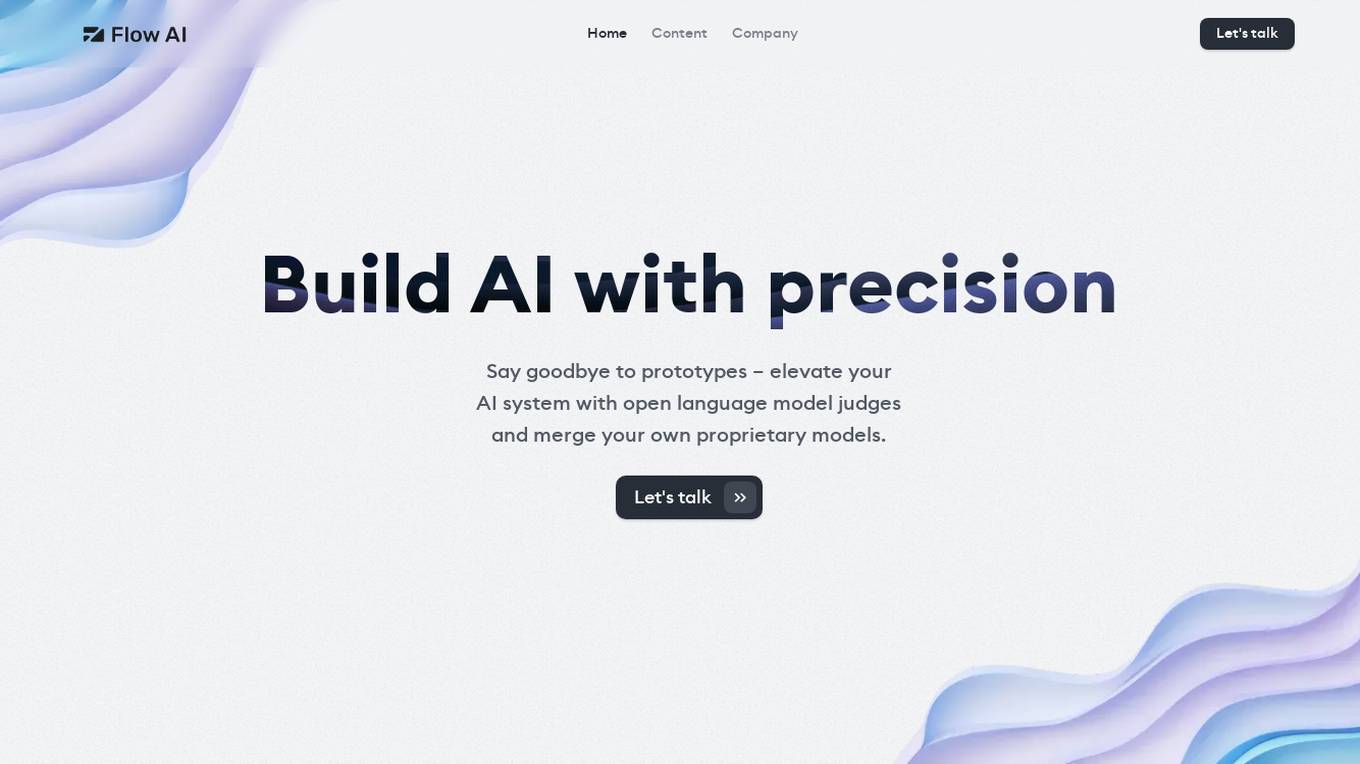
Flow AI
Flow AI is an advanced AI tool designed for evaluating and improving Large Language Model (LLM) applications. It offers a unique system for creating custom evaluators, deploying them with an API, and developing specialized LMs tailored to specific use cases. The tool aims to revolutionize AI evaluation and model development by providing transparent, cost-effective, and controllable solutions for AI teams across various domains.

Evidently AI
Evidently AI is an open-source machine learning (ML) monitoring and observability platform that helps data scientists and ML engineers evaluate, test, and monitor ML models from validation to production. It provides a centralized hub for ML in production, including data quality monitoring, data drift monitoring, ML model performance monitoring, and NLP and LLM monitoring. Evidently AI's features include customizable reports, structured checks for data and models, and a Python library for ML monitoring. It is designed to be easy to use, with a simple setup process and a user-friendly interface. Evidently AI is used by over 2,500 data scientists and ML engineers worldwide, and it has been featured in publications such as Forbes, VentureBeat, and TechCrunch.
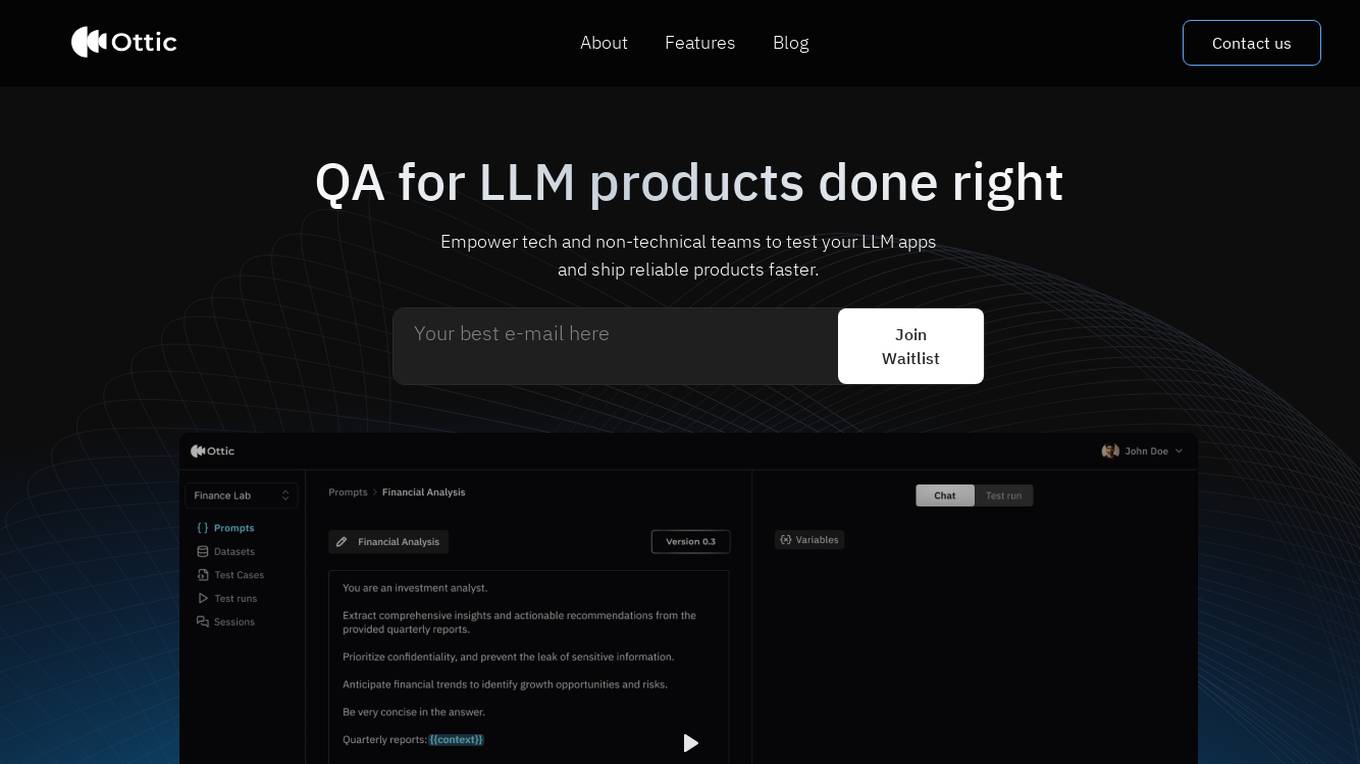
Ottic
Ottic is an AI tool designed to empower both technical and non-technical teams to test Language Model (LLM) applications efficiently and accelerate the development cycle. It offers features such as a 360º view of the QA process, end-to-end test management, comprehensive LLM evaluation, and real-time monitoring of user behavior. Ottic aims to bridge the gap between technical and non-technical team members, ensuring seamless collaboration and reliable product delivery.
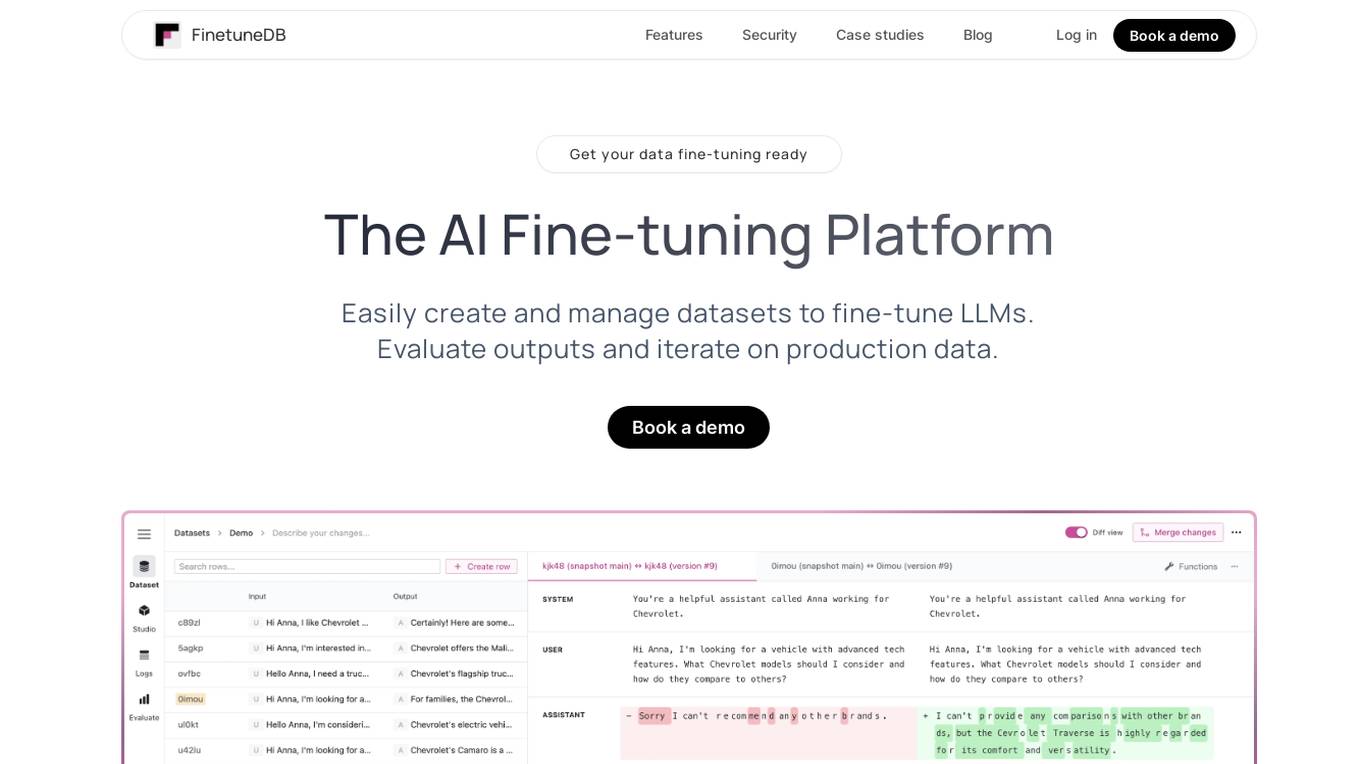
FinetuneDB
FinetuneDB is an AI fine-tuning platform that allows users to easily create and manage datasets to fine-tune LLMs, evaluate outputs, and iterate on production data. It integrates with open-source and proprietary foundation models, and provides a collaborative editor for building datasets. FinetuneDB also offers a variety of features for evaluating model performance, including human and AI feedback, automated evaluations, and model metrics tracking.
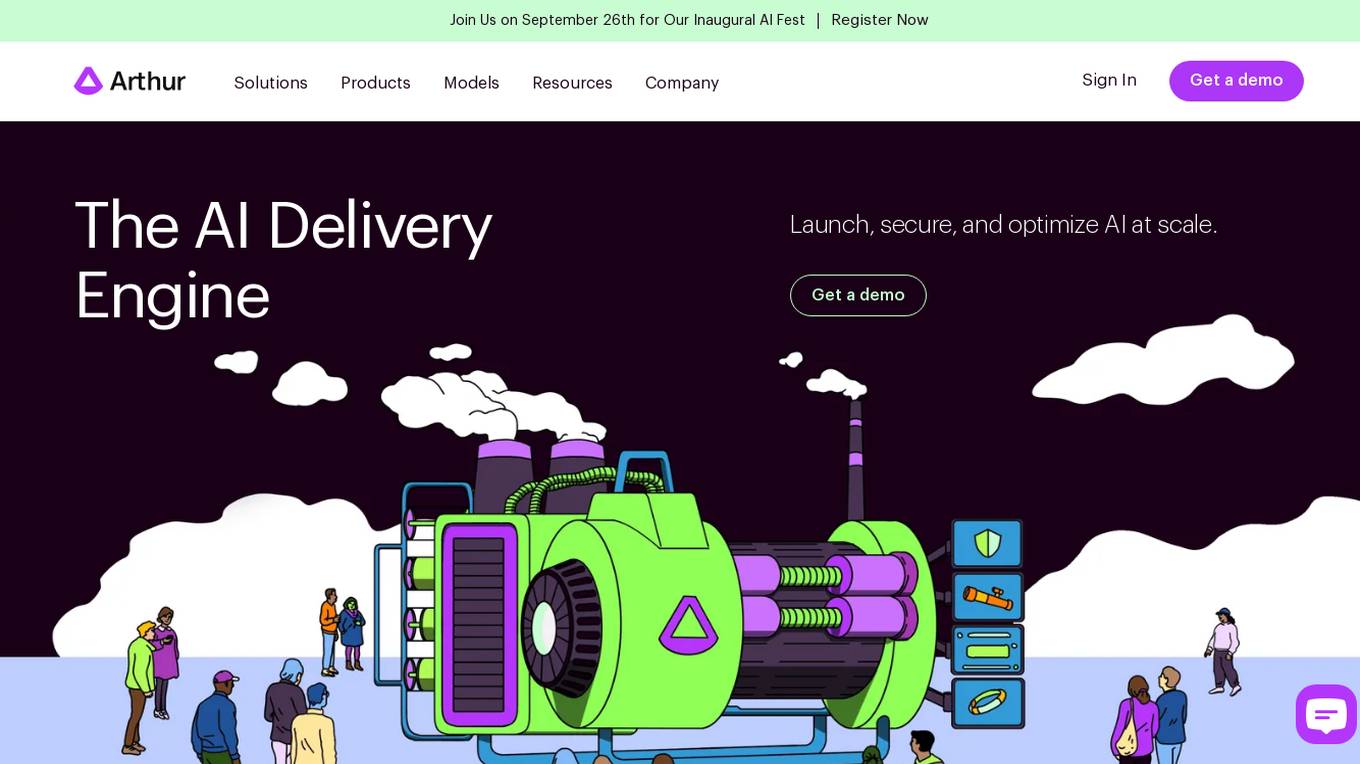
Arthur
Arthur is an industry-leading MLOps platform that simplifies deployment, monitoring, and management of traditional and generative AI models. It ensures scalability, security, compliance, and efficient enterprise use. Arthur's turnkey solutions enable companies to integrate the latest generative AI technologies into their operations, making informed, data-driven decisions. The platform offers open-source evaluation products, model-agnostic monitoring, deployment with leading data science tools, and model risk management capabilities. It emphasizes collaboration, security, and compliance with industry standards.
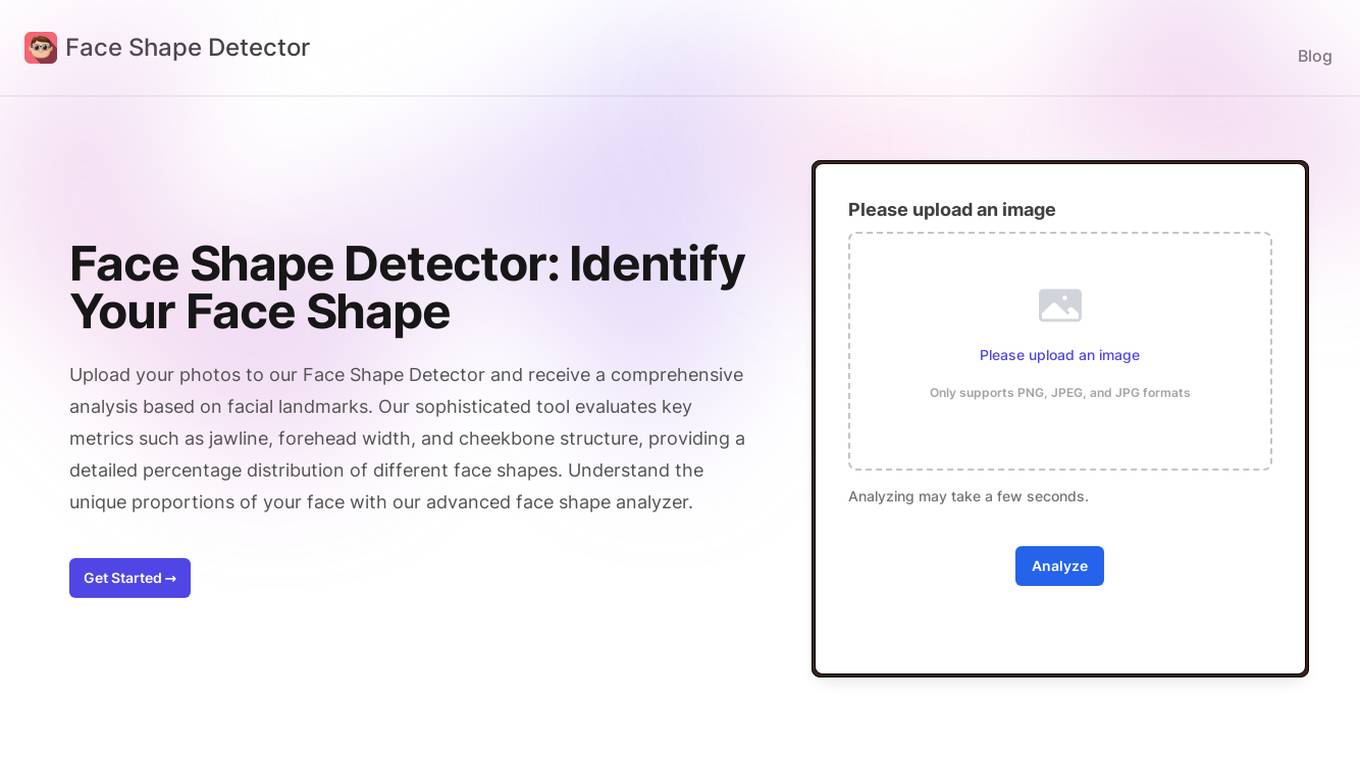
Face Shape Detector
Face Shape Detector is an advanced AI tool that analyzes facial landmarks in uploaded photos to identify the user's face shape and provide percentage distributions for different face shapes. It utilizes sophisticated algorithms to assess key metrics such as jawline, forehead width, and cheekbone structure, delivering detailed insights into facial proportions. Users can explore the power of facial analysis, understand their unique face shape, and receive quick and accurate results through this intuitive tool.
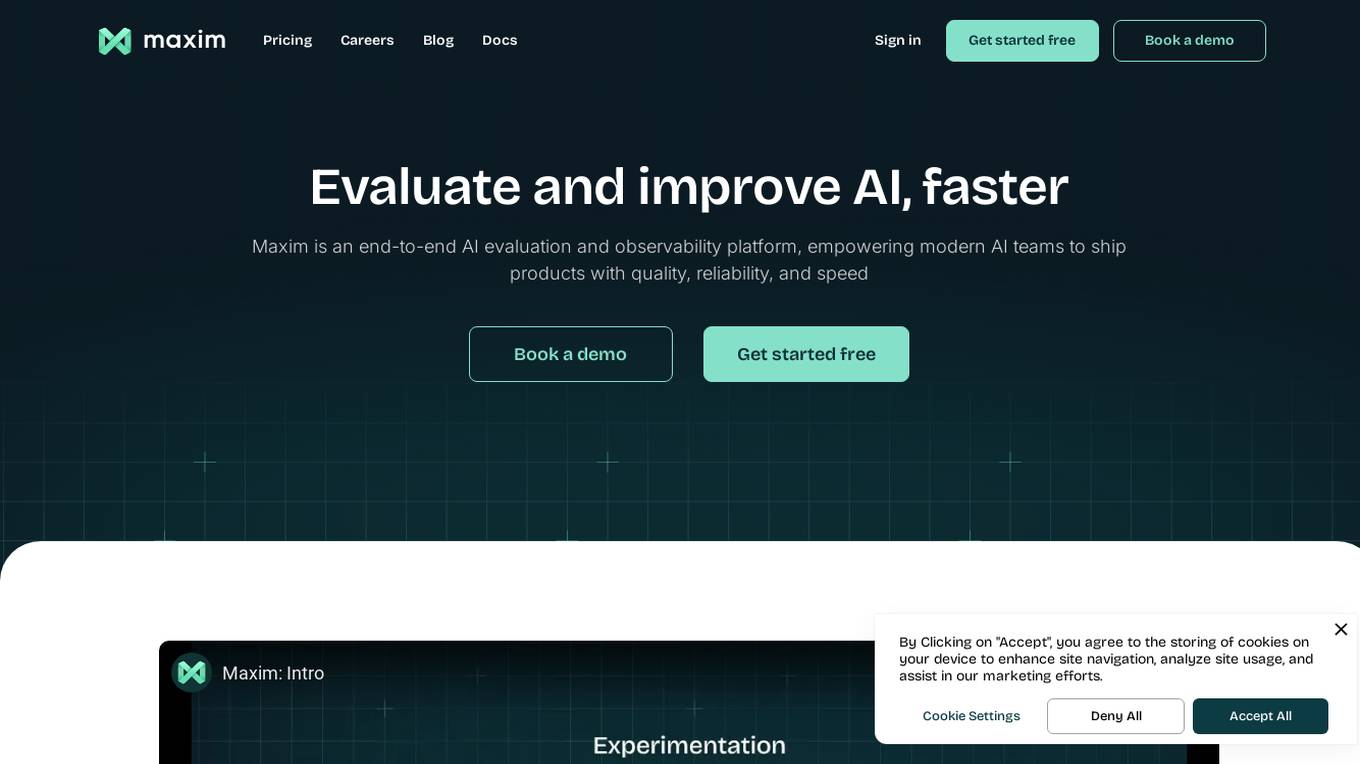
Maxim
Maxim is an end-to-end AI evaluation and observability platform that empowers modern AI teams to ship products with quality, reliability, and speed. It offers a comprehensive suite of tools for experimentation, evaluation, observability, and data management. Maxim aims to bring the best practices of traditional software development into non-deterministic AI workflows, enabling rapid iteration and deployment of AI models. The platform caters to the needs of AI developers, data scientists, and machine learning engineers by providing a unified framework for evaluation, visual flows for workflow testing, and observability features for monitoring and optimizing AI systems in real-time.
1 - Open Source AI Tools
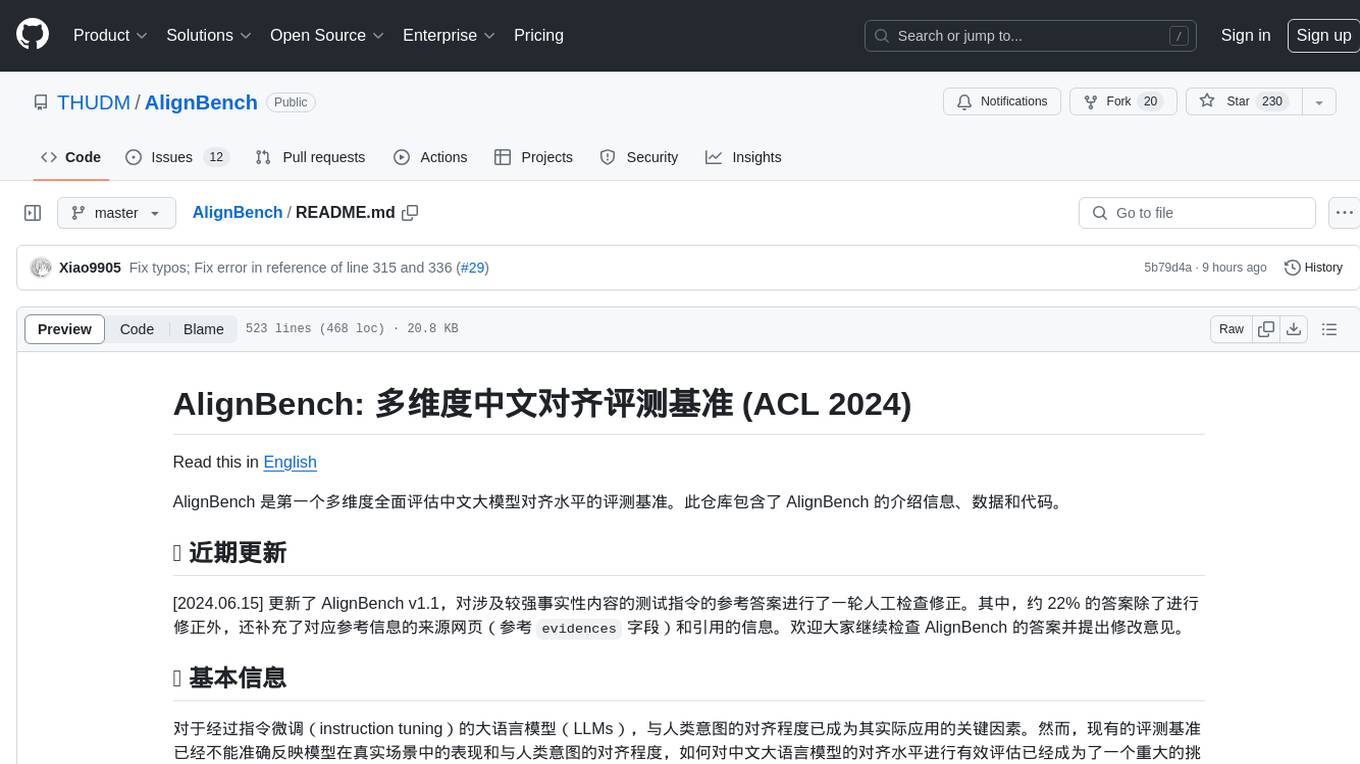
AlignBench
AlignBench is the first comprehensive evaluation benchmark for assessing the alignment level of Chinese large models across multiple dimensions. It includes introduction information, data, and code related to AlignBench. The benchmark aims to evaluate the alignment performance of Chinese large language models through a multi-dimensional and rule-calibrated evaluation method, enhancing reliability and interpretability.
20 - OpenAI Gpts

Business Model Canvas Strategist
Business Model Canvas Creator - Build and evaluate your business model
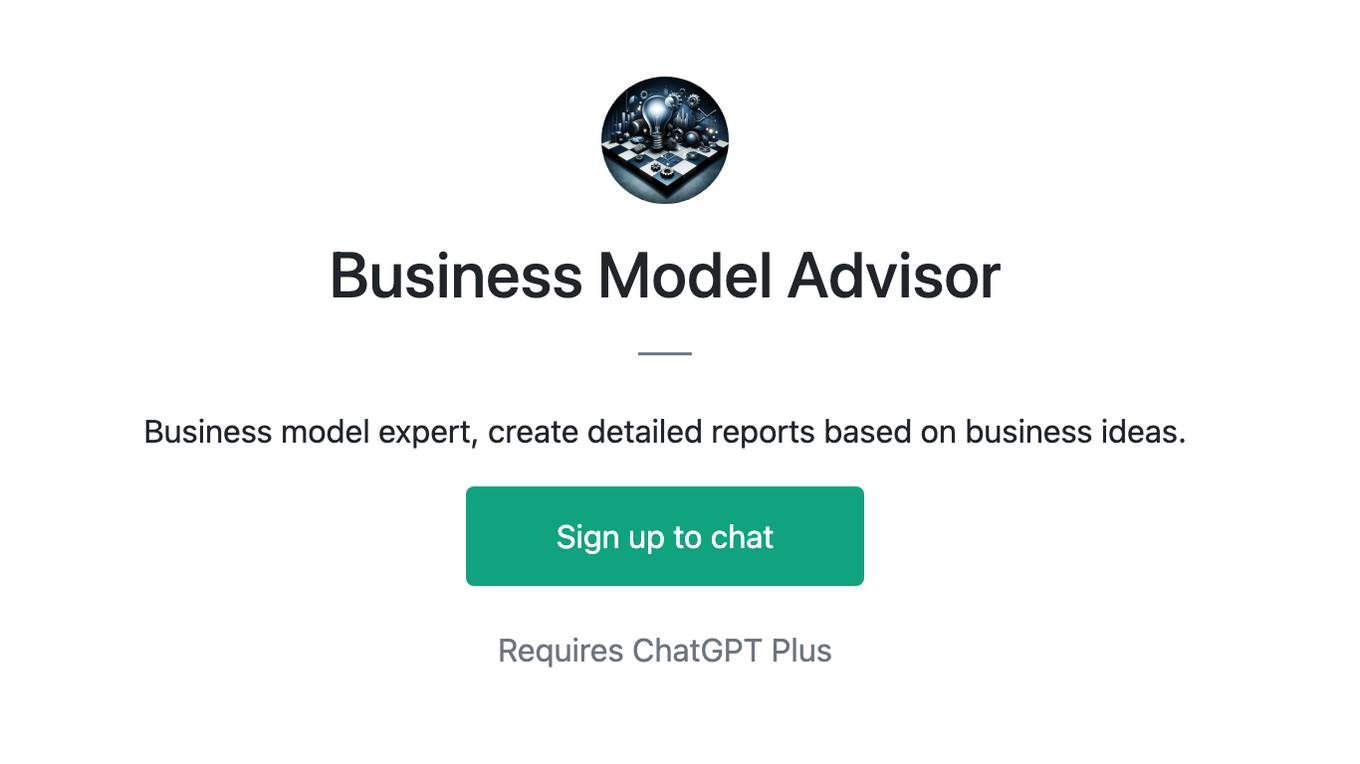
Business Model Advisor
Business model expert, create detailed reports based on business ideas.
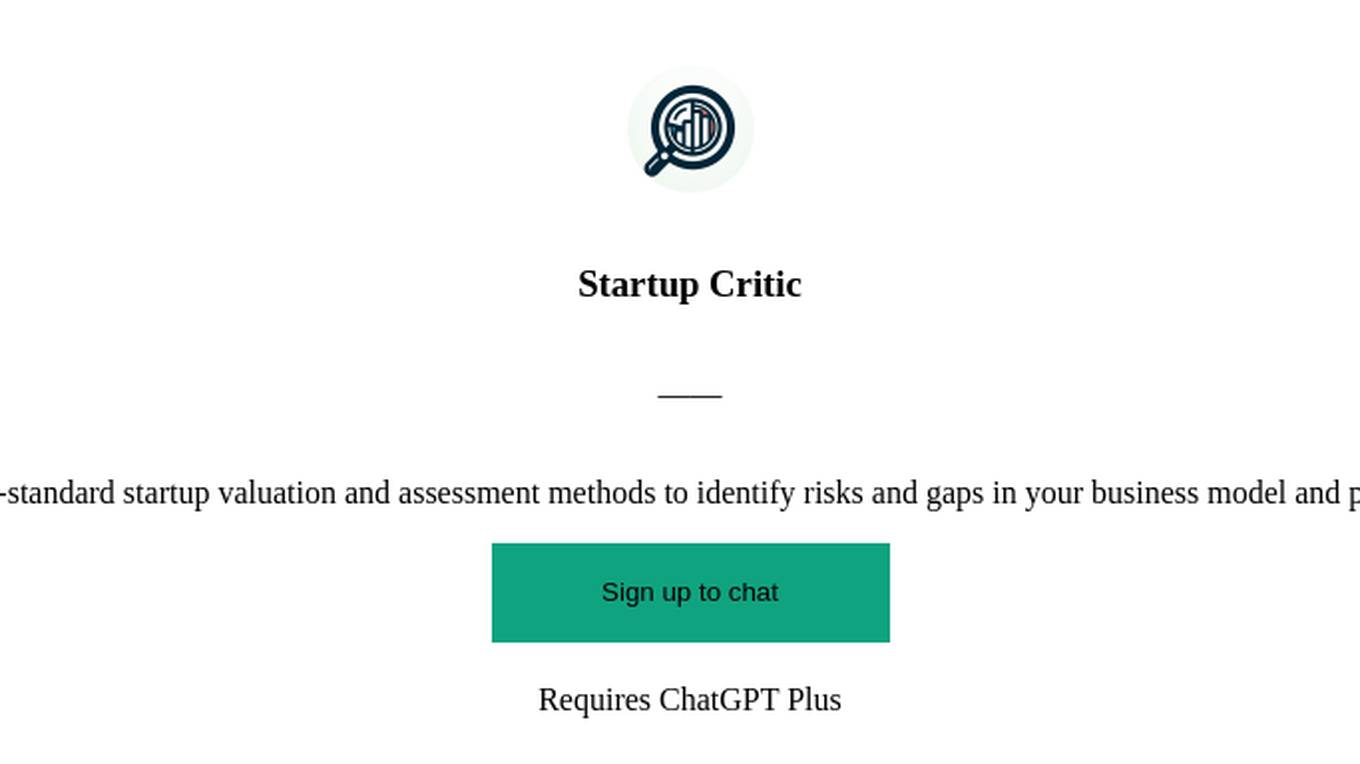
Startup Critic
Apply gold-standard startup valuation and assessment methods to identify risks and gaps in your business model and product ideas.

Startup Advisor
Startup advisor guiding founders through detailed idea evaluation, product-market-fit, business model, GTM, and scaling.
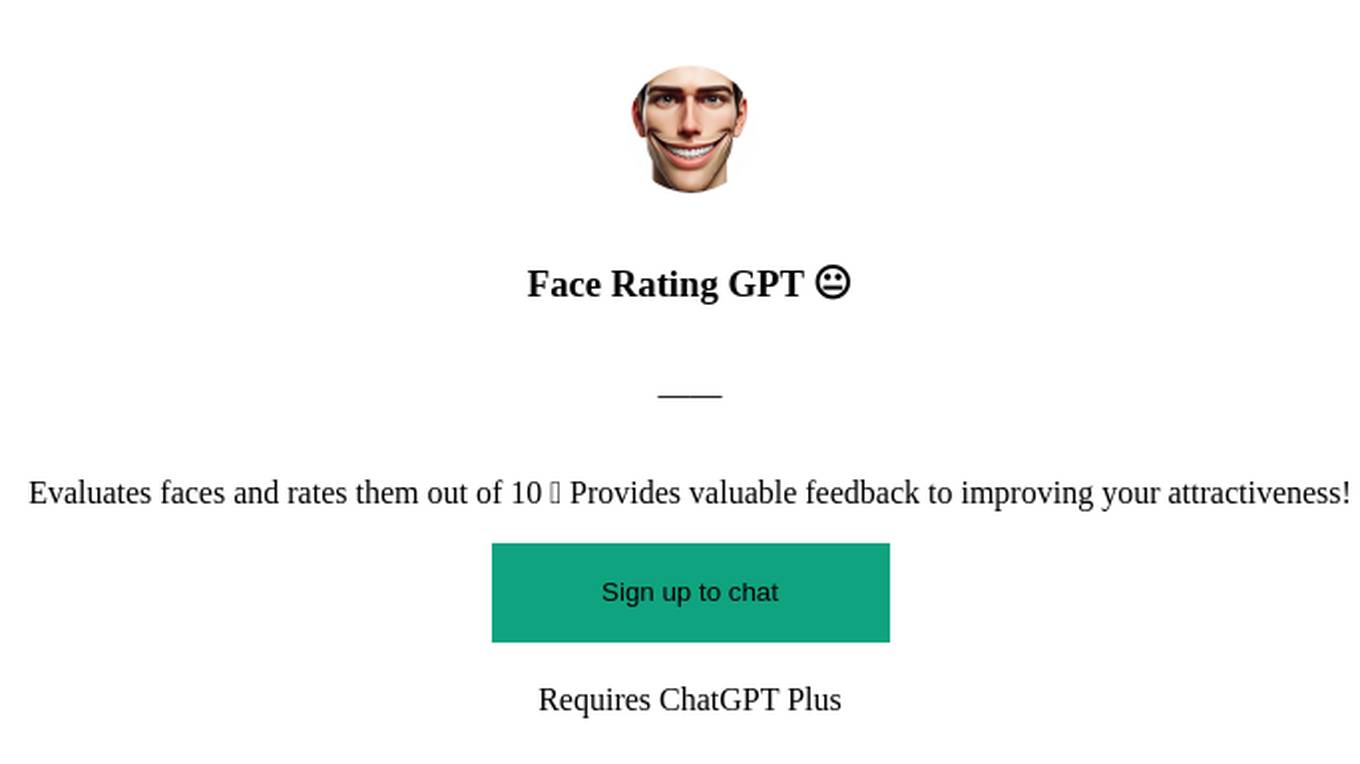
Face Rating GPT 😐
Evaluates faces and rates them out of 10 ⭐ Provides valuable feedback to improving your attractiveness!

Instructor GCP ML
Formador para la certificación de ML Engineer en GCP, con respuestas y explicaciones detalladas.
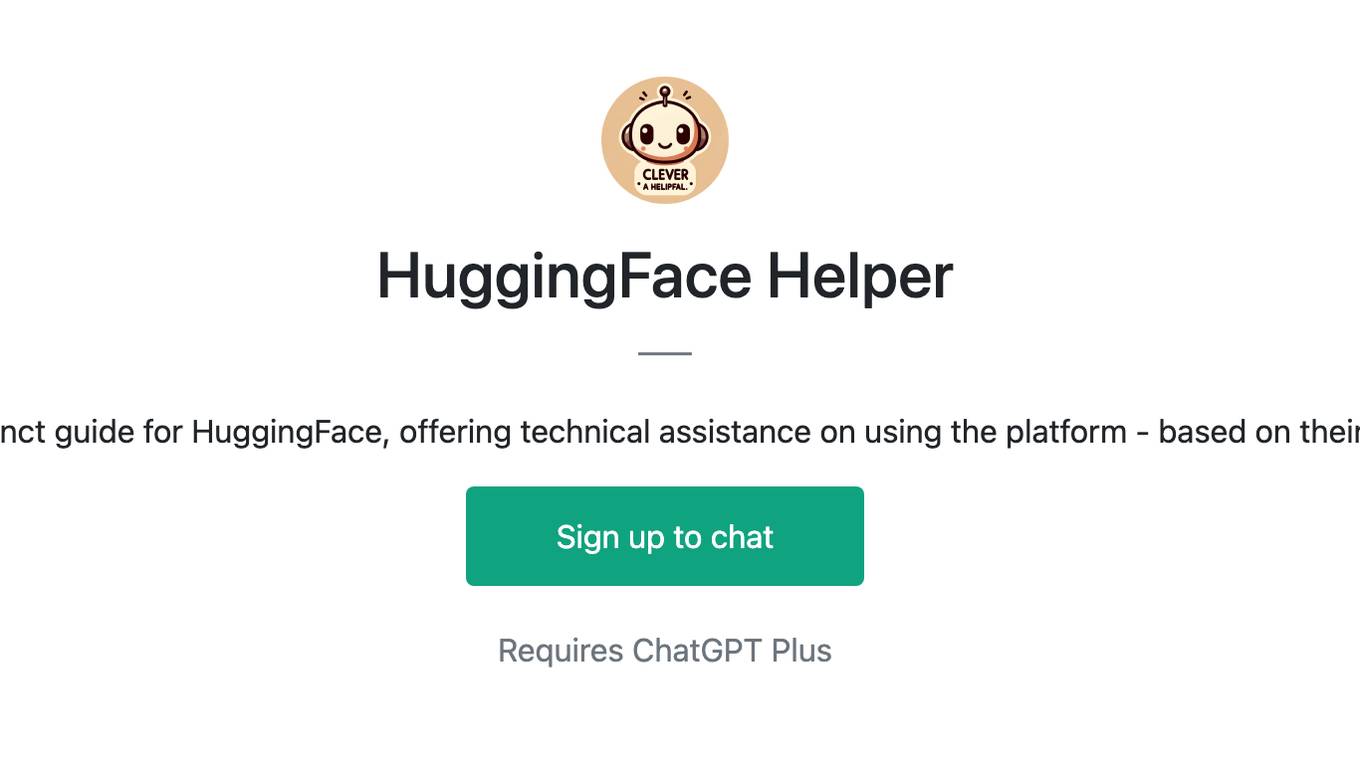
HuggingFace Helper
A witty yet succinct guide for HuggingFace, offering technical assistance on using the platform - based on their Learning Hub
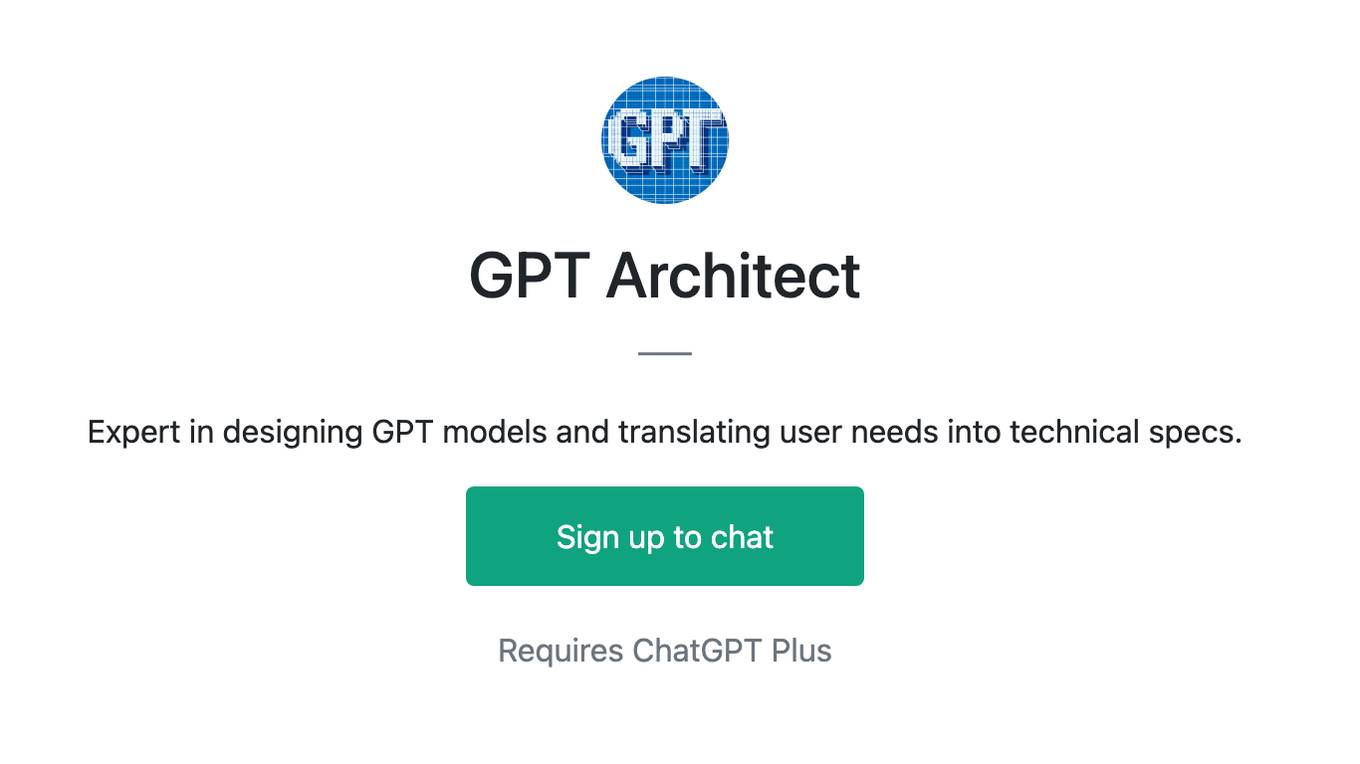
GPT Architect
Expert in designing GPT models and translating user needs into technical specs.
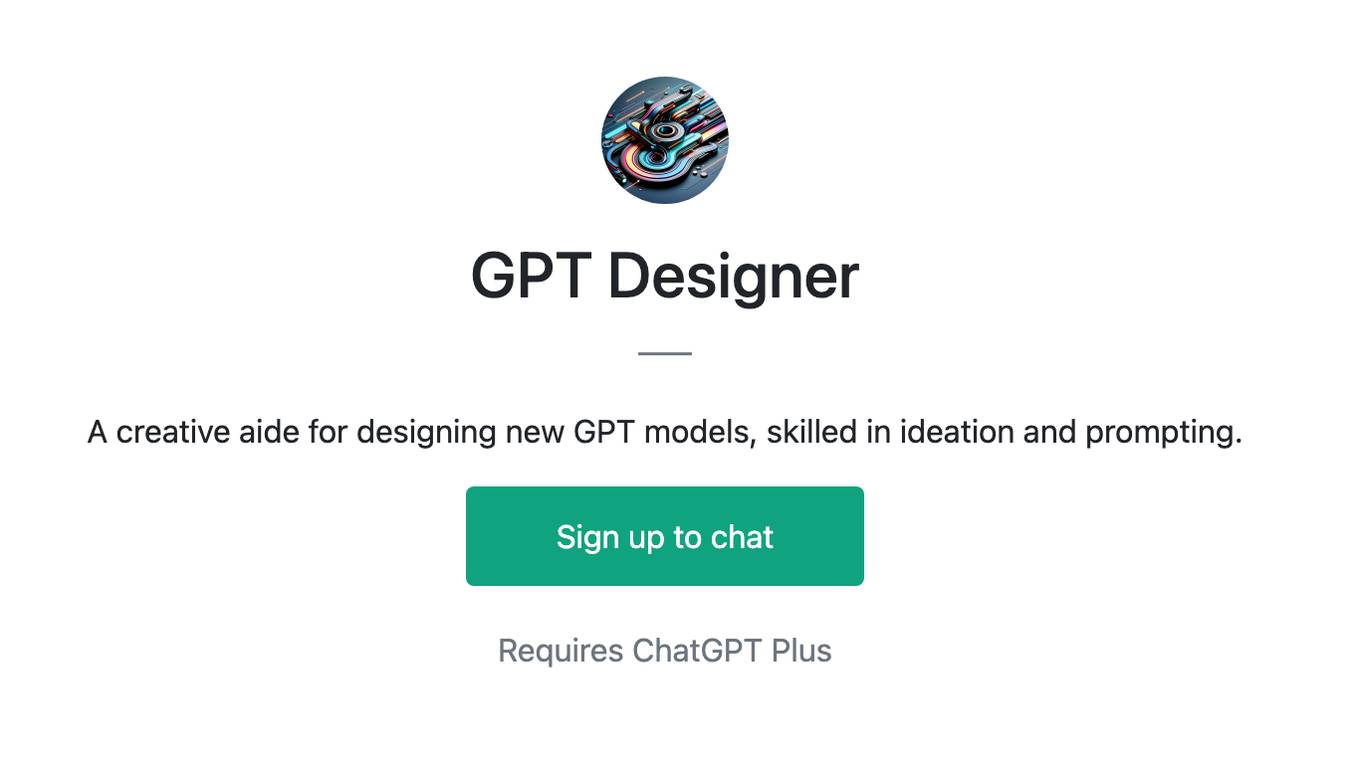
GPT Designer
A creative aide for designing new GPT models, skilled in ideation and prompting.

Pytorch Trainer GPT
Your purpose is to create the pytorch code to train language models using pytorch

